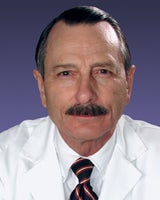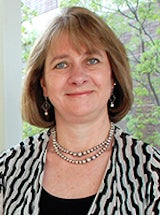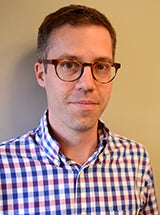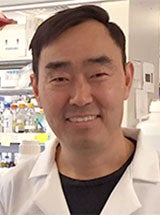Germ Cells, Stem Cells and Regenerative Medicine
The Department of Biomedical Sciences has maintained a longstanding interest in germ cell and stem cell biology, reproductive biology and regenerative medicine. Since the 1960s, our faculty has conducted groundbreaking work, including that of Dr. Ralph Brinster, who developed some of the earliest techniques for manipulating mouse embryos and was one of the first to generate transgenic mice by injecting genes into the pronucleus of a zygote, and Dr. Hans Scholer, who made landmark discoveries concerning the molecular basis of pluripotency — the ability of a stem cell to give rise to all cell types.
Today, work in the section for Germ Cell Biology and Reproductive Medicine / Stem Cell and Regenerative Medicine has expanded to also include adult stem cell biology. Our faculty members are engaged in understanding how stem cells govern adult tissue and its responses to injury, illustrating the structure and function of the stem cell niche, and identifying the factors that affect the role of the stem cell in tumorigenesis. Additionally, the Department of Animal Biology houses the Penn Vet Center for Animal Transgenesis and Germ Cell Research, which enables the genetic manipulation and generation of transgenic, knockout and knockin animals for disease modeling.
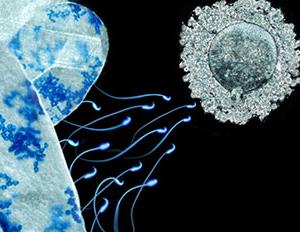
Faculty
Contact the Biomedical Sciences Department
Our department is supported by a core of dedicated professional and administrative staff.
Department of Biomedical Sciences
216E Old Vet Quad
3800 Spruce Street
Philadelphia, PA 19104

